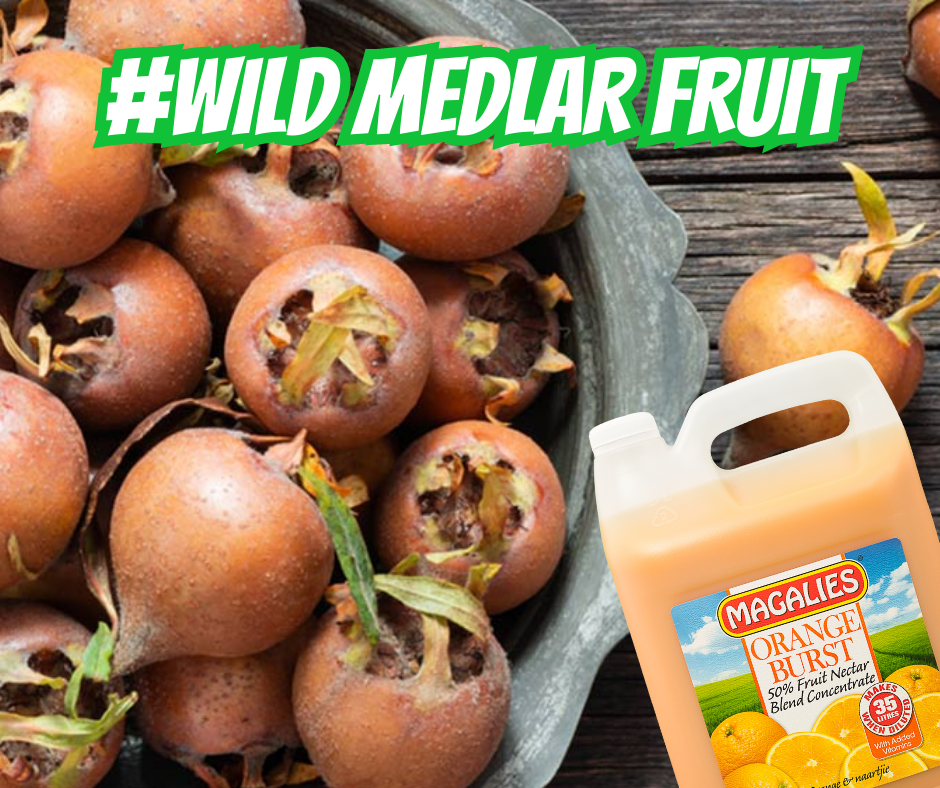by Dr Marli Botha
If you grow roses in your garden, you may get the added benefit of rosehips, a cool-cat fruit that packs a healthy punch! Rosehips are the rose plant’s seed pod/fruit, although most home gardeners don’t get many as we prune back our roses to encourage strong blooming. Rosehips are typically a vibrant reddish-orange, but in some species, hips can be dark purple or even black. They are tart and reminiscent of a zesty crab-apple in flavour, although not quite as tasty!
- How to Prepare Rosehips:
– Use rosehips whole to make tea, but it’s best to remove the seeds before you use them to make syrup, jams, and jellies.
– Trim off the two ends and slice them in half to remove the seeds.
– You can dry rosehips to keep them for use all year. After harvesting, wash the rosehips and cut off the blossom end and stem. Set them out in a single layer on a cookie sheet to dry for a few weeks in a cool, dark place. Or if you are in a hurry, add them to a food dehydrator until they are hard, wrinkly, and darker in colour.
– Add dried rosehips directly into hot water for tea, or grind dried hips into a powder using a food processor.
- Unlike the name suggests, the fruit doesn’t taste like roses. It tastes tangy.
- Rosehips can be used to make pálinka, the traditional Hungarian fruit brandy popular in Hungary, Romania, and other countries sharing Austro-Hungarian history. Rosehips are also the central ingredient of cockta, the fruity-tasting national soft drink of Slovenia.
- The fine hairs found inside Rosehips are used as itching powder (Albert MR (1998). “Novelty shop “itching powder”. Australasian J Dermatology. 39 (3): 188–9.).
- Rosehips are particularly high in vitamin C, one of the richest plant sources available. However, RP-HPLC analysis of fresh Rosehips and several commercially available products revealed a wide range of L-ascorbic acid (vitamin C) content, ranging from 0.03 to 1.3%. Rosehips of some species, especially Rosa canina (dog rose) and R. majalis, have been used as a source of vitamin C.
- Rosehips contain the carotenoids beta-carotene, lutein, zeaxanthin and lycopene, which are under basic research for a variety of potential biological roles, such as inhibiting oxidation of low density.
- A meta-analysis of human studies examining the potential for rosehip extracts to reduce arthritis pain concluded there was a small effect requiring further analysis of safety and efficacy in clinical trials.
- Celebrities like the Duchess of Cambridge and Victoria Beckham (amongst a few others), as per reports, use rosehip oil to keep their skin free from blemishes. The oil from the fruit is also good for correcting dark spots and treating dry or itchy skin.

























